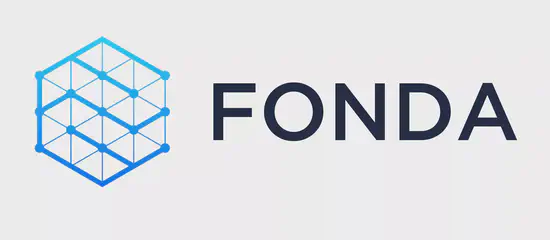Über mich
Ich bin Fabian Lehmann und promoviere in Informatik am Lehrstuhl für Wissensmanagement in der Bioinformatik an der Humboldt-Universität zu Berlin. Ich werde über FONDA, ein Sonderforschungsbereich der Deutschen Forschungsgemeinschaft (DFG), gefördert.
Während meines Bachelorstudiums habe ich meine Faszination für komplexe, verteilte Systeme entdeckt. Ich begeistere mich dafür, die Limits solcher Systeme auszutesten und zu überwinden. In meiner Promotion fokussiere ich mich auf die Optimierung von Workflow Systemen zur Analyse von riesigen Datenmengen. Insbesondere konzentriere ich mich hierbei auf den Aspekt des Schedulings. Hierfür arbeite ich eng mit dem Earth Observation Lab der Humboldt-Universität zu Berlin zusammen, um die Anforderungen der Praxis zu verstehen.
- Verteilte Systeme
- Wissenschaftliche Workflows
- Workflow Scheduling
-
Promotion (Dr.-Ing.) — Dissertation eingereicht (noch nicht verteidigt; Titel ausstehend), 2026
Abschlussarbeit: Adaptive Scheduling of Dynamic Workflows
Humboldt-Universität zu Berlin
-
Master Wirtschaftsinformatik, 2020
Abschlussarbeit: Design and Implementation of a Processing Pipeline for High Resolution Blood Pressure Sensor Data
Technische Universität Berlin
-
Bachelor Wirtschaftsinformatik, 2019
Abschlussarbeit: Performance-Benchmarking in Continuous-Integration-Prozessen
Technische Universität Berlin
-
Abitur, 2015
Hannah-Arendt-Gymnasium (Berlin)
Erfahrungen
IT-Kenntnisse
(Eine kleine Auswahl)
Software
Common Workflow Scheduler
Resource Manager können mit Hilfe des Common Workflow Schedulers eine Schnittstelle bereitstellen, über die Workflow-Systeme Informationen zum Workflow-Graphen übermitteln können. Diese Daten ermöglichen es dem Scheduler des Resource Managers, bessere Entscheidungen zu treffen.

Benchmark Evaluator
Der Benchmark Evaluator ist ein Plugin für den Jenkins Automatisierungsserver zum Laden und Auswerten von Benchmarkergebnissen.
Publikationen
Projekte

FONDA
Grundlagen von Workflows für die Analyse großer naturwissenschaftlicher Daten
Kontakt
- fabian.lehmann@hu-berlin.de
- +49 (0)30-2093-41285
- Haus 4, Raum IV.426, Rudower Chaussee 25, Berlin, 12489